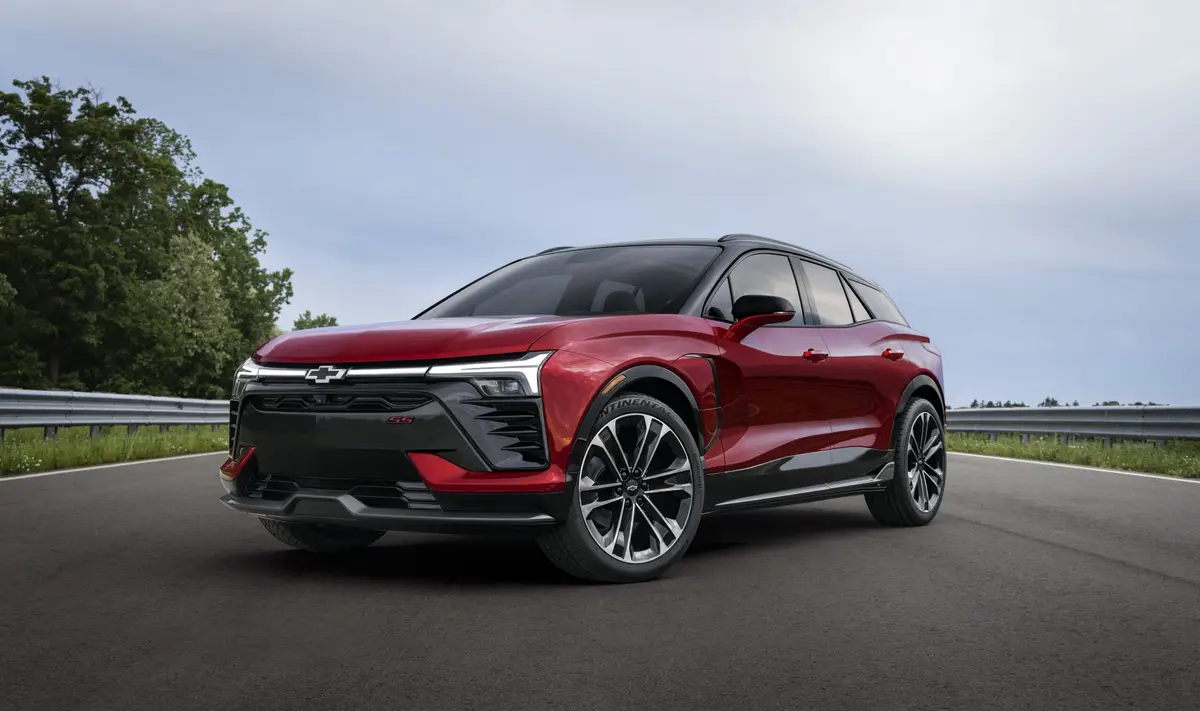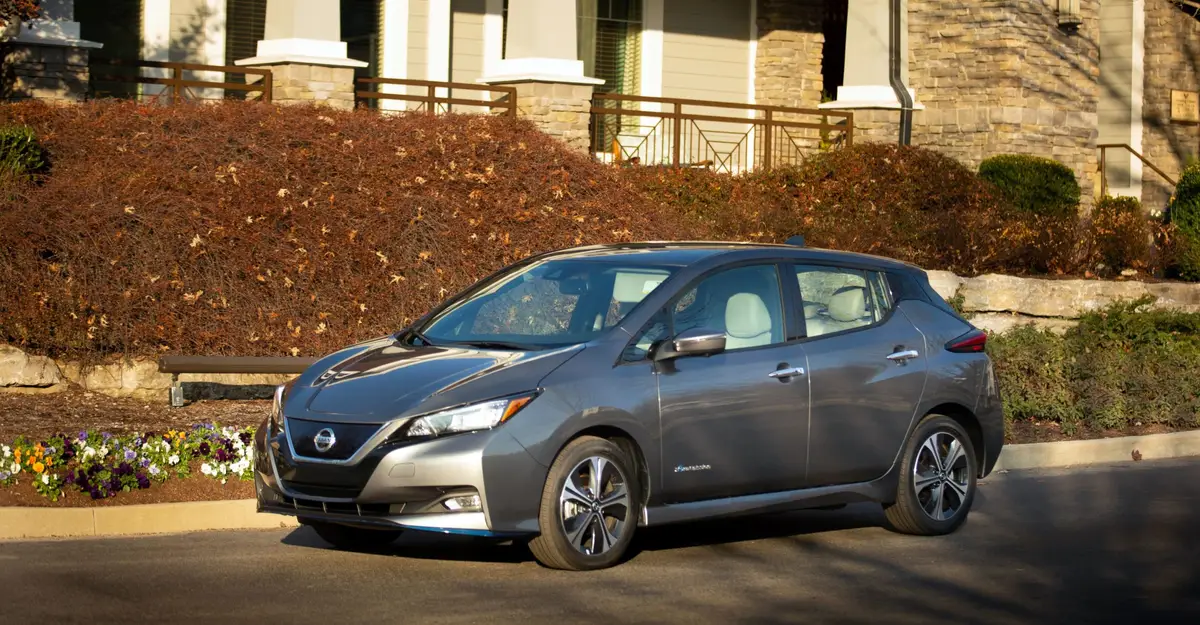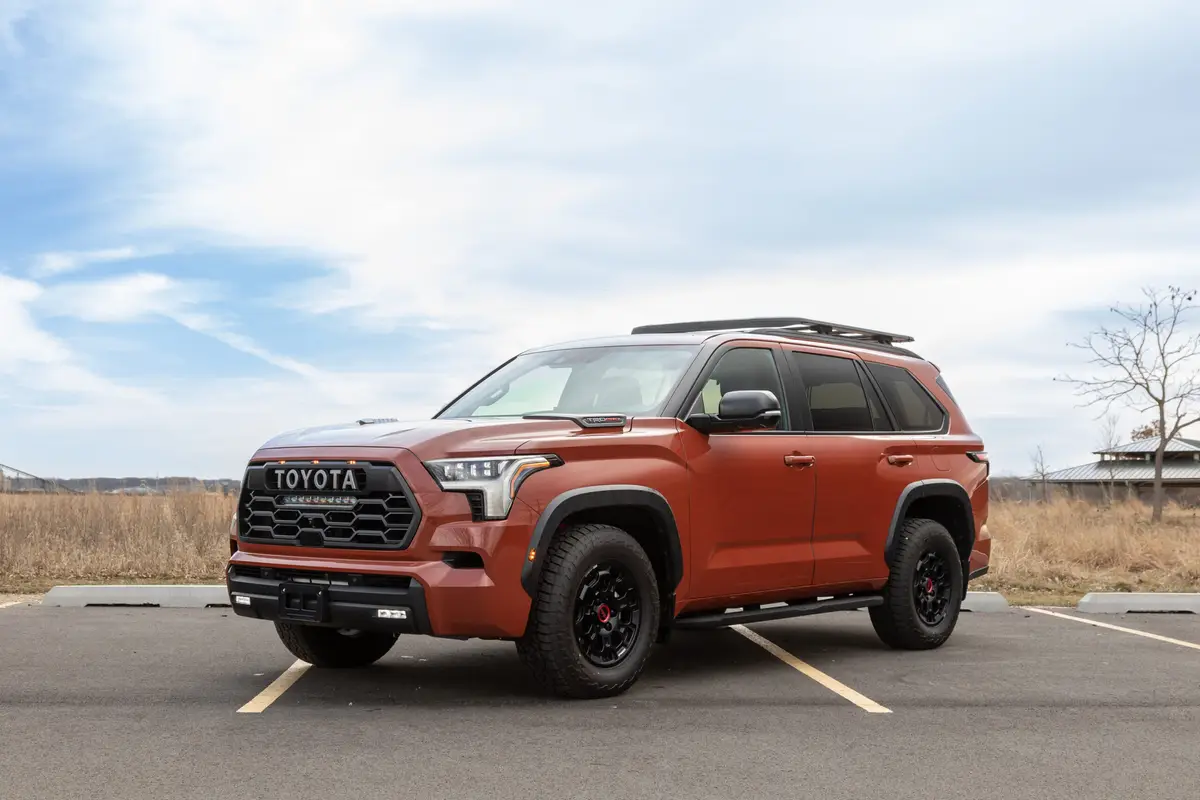Even though the official U.S. federal tax credit for electric vehicles has expired, several automakers are stepping up to keep deals alive — offering generous discounts, price cuts, and lease incentives through the end of 2025. These moves are designed to soften the blow for buyers who missed the September 30 cut-off.
Why Automakers Are Doing This
When the federal $7,500 EV tax credit ended, it left a gap for consumers considering electric vehicles. In response, car companies are essentially picking up the slack. Some are using their finance arms to pre-pay credits or lock them in on inventory, while others are simply discounting vehicle prices directly.
For example, GM’s finance division reportedly placed down payments on over 30,000 EVs to effectively reserve the tax credits before they expired. Those vehicles are now positioned to be leased to customers under favourable terms. Meanwhile, Ford has announced continued lease deals, and other brands like Hyundai and Stellantis are sweetening both purchases and leases.
How the Deals Work & What to Expect
- GM’s approach: The GM Financial arm essentially fronted down payments, locking in credits for future leases. The program is slated to run until inventory runs out or until the end of 2025, whichever comes first. Most dealers are participating, but terms such as interest rates and fees will vary.
- Hyundai and others: Hyundai has taken a more transparent route by discounting the 2025 Ioniq 5 by $7,500, bringing it more in line with what buyers would have netted from tax credits. For the upcoming 2026 models, depending on trim, price cuts of up to $9,800 have been announced.
- Acura & remaining inventory: Acura is offering $4,000 “on the hood” for its remaining ZDX EV units as it winds down that model’s production.
These strategies aim to maintain momentum in EV demand and make up for lost federal incentives. Automakers are rolling the benefit into their balance sheets or discounting prices to retain buyer interest.
Advantages & Risks for Buyers
Pros:
- If you’re in the market now, these offers provide an opportunity to receive value akin to the former tax credit — without needing to wait another year.
- Some deals may be simpler to understand (straight discounts) compared to tax credit paperwork.
- You may benefit from lower out-of-pocket cost, especially on lease deals or price reductions already baked into MSRPs.
Caveats:
- Because these are corporate subsidy decisions rather than legislated tax policy, they can be withdrawn or altered more easily.
- Terms like residuals, interest, and fees will matter. A steep discount doesn’t always guarantee an overall bargain if the financing is unfavorable.
- Stock and inventory conditions will influence whether these offers are accessible to your region or specific vehicle variant.
What Buyers Should Do
- Stay alert for updates — these programs may change as we approach late 2025 or as stocks deplete.
- Compare the net cost — discount + residual + interest + fees = true cost.
- Ask for full transparency — dealers should break out how much discount is being subsidized by the automaker vs how much by themselves.
- Be ready to act — if a deal arrives on a model you want, don’t hesitate — inventory may run thin.
- Check eligibility — although federal credits are gone, some local or state incentives might still apply in your area.
The Bigger Picture
This extension of EV “incentive replacement” by automakers signals how competitive and transitional the EV market currently is. Manufacturers are trying to bridge the gap caused by federal policy changes, and those who manage this well may maintain buyer interest through turbulent policy shifts.
However, this strategy arguably shifts cost burdens to automakers and may not be sustainable indefinitely. Buyers should see this as a transitional advantage — beneficial for now, but not guaranteed long term.
References
- Cars.com: “Automakers Announce Extension of Tax Credit Discounts for EVs Into Fourth Quarter” – cars.com
- Bloomberg (cited in Cars.com article)
- Manufacturer press releases (Ford, GM, Hyundai, Acura, Stellantis)


